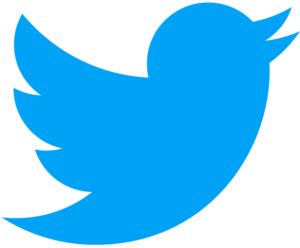In a dance that is spanning the year so far, Tesla CEO Elon Musk acquired enough shares of Twitter between January and March to enter a bid for takeover of Twitter in a self-proclaimed effort to secure the platform for free speech and transparency purposes. The action caused perceived harm to investors who sold shares between March 24 and April 1, a period during which it is alleged that Musk acquired the minimum ownership interest in the platform for disclosure requirements under Securities and Exchange Commission regulations to be met. Upon meeting the disclosure requirement in April, stock shares rose roughly 27% and have remained at that amount as of one month later, despite it being reported that Musk and Twitter reached an agreement for a 44 billion dollar acquisition of the company. Investors who retained their shares will see a 38% premium or thereabouts as compared with the current estimated value of Twitter stock as of May 4, 2022. But more importantly, the deal closing means Twitter will likely become a privately held company. Privately or closely held companies are not subject to the same reporting requirements as public companies, which is what Twitter is now. In taking it private, Musk ironically alters the nature of the corporate structure so, that there is actually less required transparency.
However you might feel about the takeover bid and acceptance by Twitter’s board, it is important to remember that boards of publicly traded companies are beholden to the shareholders. Meaning that if there is a bona fide offer on the table that can genuinely increase value for shareholders then the Board must consider it. And consider it they did coming to agreement on the final purchase price. It is now a matter of regulatory hurdles before the transaction can close, shareholders be satisfied, and the doors close on what will become the most open, private company on the Internet. It is uncertain how Musk plans to recoup his investment, after he makes the algorithm open source, in an effort to increase transparency over content (albeit The Verge contradicts the open source assertion, adding that the engineers who created Twitter’s algorithms do not even understand how those algorithms work). Further, private companies with United States headquarters or otherwise office locations are not required to adhere to first amendment rights, which are applicable to government actors and public forums. Private companies as Musk has stated he wishes Twitter to be, may have company policies and cultures, in which case Musk may make unrestricted speech one of the tenets of his Twitter.
We will have to wait and tweet.




